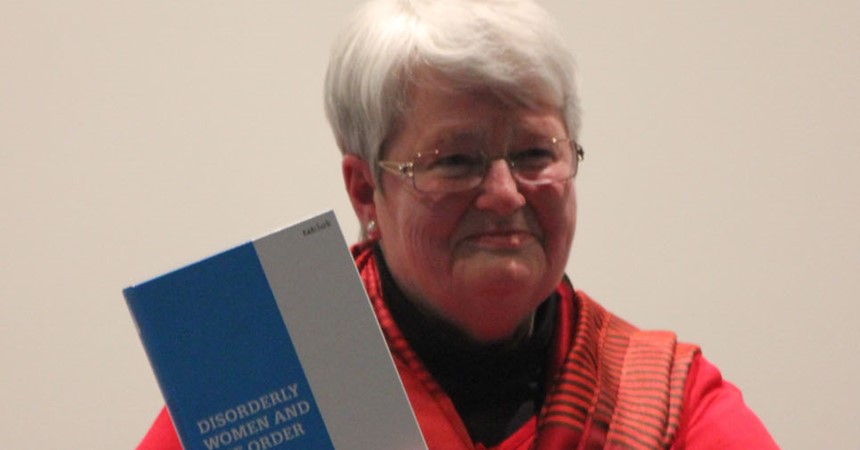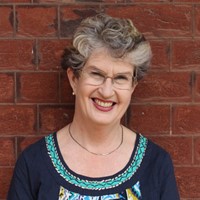Disorderly women and the order of God: an Australian feminist reading of the Gospel of Mark is the work of a scholarly and lively mind!
Reflecting on her achievement, Michele says, “I think I have been a feminist since I was about three years of age but the language didn’t exist. Really, I just wanted to express my energies and my drive for life but when I was growing up the freedom and opportunities we take for granted today for girls and young women didn’t exist.”
Michele is a Sister of St Joseph of Lochinvar. She began theology studies in the late ‘80s, in Melbourne and then in Chicago. She taught New Testament Studies at Catholic Theological Union, Hunters Hill, and in many parishes and spiritual renewal centres before pursuing a PhD in New Testament in Berkeley, California. Since 2001 she has been teaching New Testament Studies at the Catholic Institute of Sydney.
Her study in the US exposed her to US feminist Biblical criticism. She says, “I realised that their feminism was strongly influenced by context and history. This is true to feminism which takes context very seriously. I wanted to write a feminist reading of the Gospel of Mark that took the Australian context in which we read equally seriously.
“I finally settled on comparing foundational texts written from young communities in two colonies of great empires. The Gospel of Mark is a foundational text of the young Christian community located originally in Palestine, a province of the Roman Empire. I focused on the stories about women and the death of Jesus in this text. I read some texts about foundational events in early Australia, founded as a colony of the British Empire. I critiqued for its gender bias a novel about a famous female convict called Margaret Catchpole and various forms of the Anzac Myth.
“Both the convict establishment of Australia and the Gallipoli experience are regarded as foundational in Australia’s history and identity. I developed criteria from my critique of the Australian narratives with which to read the Marcan narratives. I found that in such narratives female characters tend to be marginalised, not allowed to speak and cast in a negative light. They are portrayed as disorderly, disturbing the steady progress of orderly male projects. Against this, I protest!”
Michele has a warning for readers of Mark’s Gospel. “It can tend to portray that around Jesus, it is normal for women to be marginalised, silenced and denigrated. In his best theological voice, Mark rejects denigration of the weak. He preaches God’s abundance for all; it takes the perception of our age to see the portrayal of persons by their gender as favouring some and disadvantaging others.”
Disorderly women and the order of God: an Australian feminist reading of the Gospel of Mark was published by Bloomsbury New York 2018.




























































































